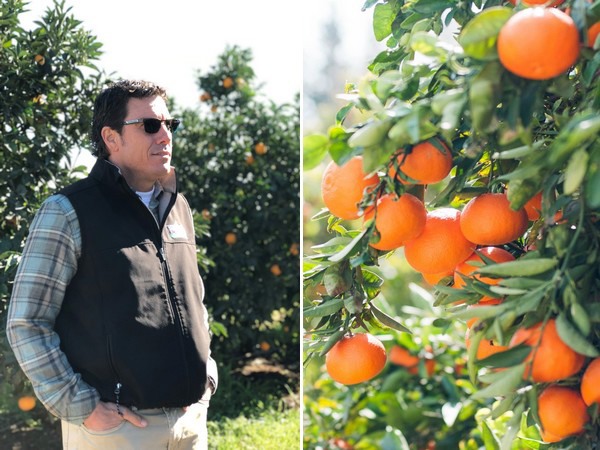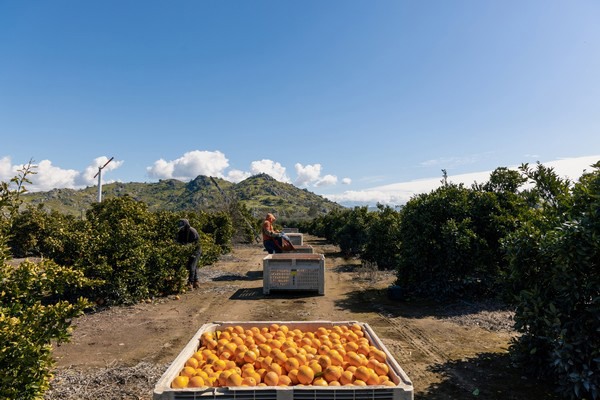It has been a challenging citrus season in California. The wet winter has had an impact, but inflation is the biggest issue. “It has affected demand by 10 to 20 percent depending on the variety,” says Allan Dodge with Pro Citrus Network (PCN). Lemons have been affected the most. “Lemons are a staple item that people can do without,” he added. While demand for oranges hasn’t been impacted as much as lemons, they are also seeing a difficult market due to their smaller size structure this season. “Because of their smaller size, more pieces go into the bags.”
Inflation has resulted in a supply-exceeds-demand situation. The average price for growers is below last year’s average while costs have gone up. At the same time, consumers are more price conscious and have become more selective about the items they put in their basket.
 Allan Dodge.
Allan Dodge.
Later start this fall
The wet weather also had an impact on the season as it has interrupted harvest big time. “We’ve been praying for the rain for years and we got it,” said Dodge. As a result of the weather pattern this winter, there was quite a difference in daytime and nighttime temperatures. Cold nights and warm days had a positive impact on the quality of the fruit. “However, due to the rain and cold weather, the new crop is two to three weeks late from blooming. That really is the bigger problem,” he said. As a result, the domestic season will have a later start this fall. “On a positive note, I’ve heard that the bloom will be more compact and consistent. If true, it should have a positive effect on the new crop.”
Due to slower demand, domestic supplies will be available longer than usual while the import season will start late May. PCN imports citrus from Chile, Peru, Uruguay, Argentina, and South Africa. When asked about an outlook for the southern hemisphere season, Dodge mentioned it is a bit too early to tell.

For more information:
Kim Flores
Pro Citrus Network
kflores@pcnbrand.com
www.pcnbrand.com

